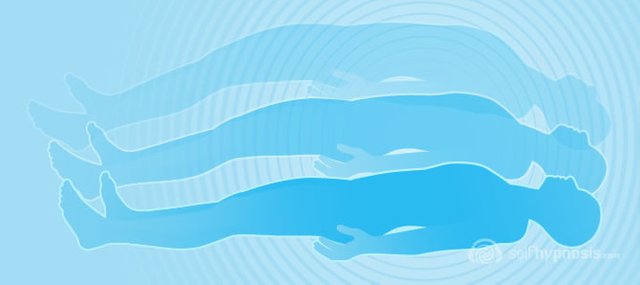The basic principle behind hypnosis is to alter a person's state of mind. The person is focused on a single task, with a reduced sense of peripheral awareness. This process enhances the respondent's ability to suggestions. The person in a trance is receptive to the suggestions of the hypnotist. The therapist can use this technique to make a person behave in a specific manner.

The central phenomenon of hypnosis is suggestibility. It is a state of enhanced responsiveness to suggestions. A person in a trance state is highly suggestible, which means that he is more receptive to the hypnotist's commands. The therapist can then make him or her behave in a way that is completely out of character. For example, a hypnotized subject may become deaf or blind, hallucinated, and incomprehensible. The person can also experience amnesia, or lose memory.
Researchers have explained the effectiveness of hypnosis by examining the brain's neural processes. The left hemisphere processes information differently than the right hemisphere. In anxious patients, hypnosis helps them operate at a more emotional level. The patient uses his or her creative imagination to imagine scenarios that can be catastrophic. This increases the adrenaline in the body, which can eventually lead to panic. In addition, hypnosis can be used in conjunction with conventional medical care, as it helps the patient to achieve better mental and physical health.
While hypnosis is a powerful tool for reducing pain, it's important to remember that there are a number of potential limitations when it comes to this treatment method. It may not work for every psychological or medical issue. The decision to use hypnosis should be made in consultation with a qualified health care professional, who has been trained in its use and limitations. In research and forensic settings, hypnosis has been used successfully for years.
Although hypnosis has been widely used as a treatment for various ailments, not all conditions can be effectively treated with hypnosis. Therefore, it's important to seek medical advice before undergoing this treatment. While hypnosis has several advantages, it should only be used in the context of clinical practice. If a patient decides to undergo a hypnosis treatment, it must be performed by a qualified health care provider.
While hypnosis is a powerful tool for overcoming chronic pain and the anxiety associated with medical procedures, it can be used to help people lose weight and avoid bedwetting. Individuals have different experiences of hypnosis. Some people feel a detachment while others feel a sense of extreme relaxation. It's important to know which type of hypnosis is best for you. There are a number of benefits that you can get from hypnosis.
The most common benefits of hypnosis are relaxation and the ability to focus on specific tasks. This is where hypnosis comes in handy. The state of mind that you're in during hypnosis is highly suggestible, and therapeutic suggestions are highly effective. While it may not be possible to control all of your habits, you can be sure that hypnosis has a great impact on your life. In fact, it can help you overcome even the most stubborn problems.